
When we think of Madeline and Robert, we don’t think about their GPAs; we don’t even know their GPAs. They wouldn’t tell us.
Because they know, like we do, that even as valedictorian and salutatorian, they are not defined by their GPA.
When we think of Madeline, we don’t wonder if theater brought her average down; we just remember the characters she brought to life on stage.
When we think of Robert, we can’t list what APs he has taken, but we remember when he stood in his Speedo in front of the entire school at the pep rally.
But why is it that when we think of ourselves those three digits seem to outweigh everything else?
Part of it is us.
Grades are concrete, they’re something to grasp onto. It’s harder to see how learning about the Declaration of Independence will help us in the long run than it is to see how a couple of points higher on our GPAs might help us get into college.
And so it takes perspective to not take the shortcuts to a higher average. Sometimes we just want that easy A. But “sometimes” can become a lot of the time, and a lot of the time can snowball to the point where an entire high school career is centered on that easy A. We cheat ourselves out of a long-term education in favor of immediate gratification.
But part of it is also our environment.
In a lot of other towns, just graduating from high school is a big accomplishment, regardless of whether or not college follows. In Westport, graduation is expected, and Ivy League schools are preferred.
The pressure is on, and we’ve all noticed.
But still, even though there are a lot of factors working against it, real learning does happen, and it does have an impact.
We tried to think of a time when we actually learned something without our teachers dangling the good grade carrot. It wasn’t hard. We remembered teachers literally falling over multiple chairs in their excitement for constitutional law, teachers who jumped up and down when a student finally learned how to tackle a definite integral, and teachers who referenced Justin Bieber without shame to explain chemical reactions.
The common denominator is teachers. Passionate teaching can break down the wall that students, parents and the community create between grades and learning. They can motivate students to learn for learning’s sake.
Realistically, grades will always be a priority, but that doesn’t mean we can’t appreciate a well-thought-out lesson on the 1920s, even if we are getting a C in your class. We already said that sometimes it’s hard for us to see the benefit of learning, so make it easier by being passionate about your subject, about learning, about us.
We want teachers to care about us on a basic human level. When you show that you view us as more than an average in your gradebook, by asking about our soccer game or the latest episode of Game of Thrones, we see ourselves as more than a number, too.
We understand that it’s easy to look at us and see a bunch of grade-crazy students. But part of us is still eager to learn. That part feels much better knowing we have earned an A, even if it wasn’t easy. That part thinks it’s cool to actually read Huck Finn, instead of SparkNoting it the night before it’s due. That part gets as giddy over the preterite tense as our teachers do.
Part of us is still eager to learn. But we need someone to root us on.

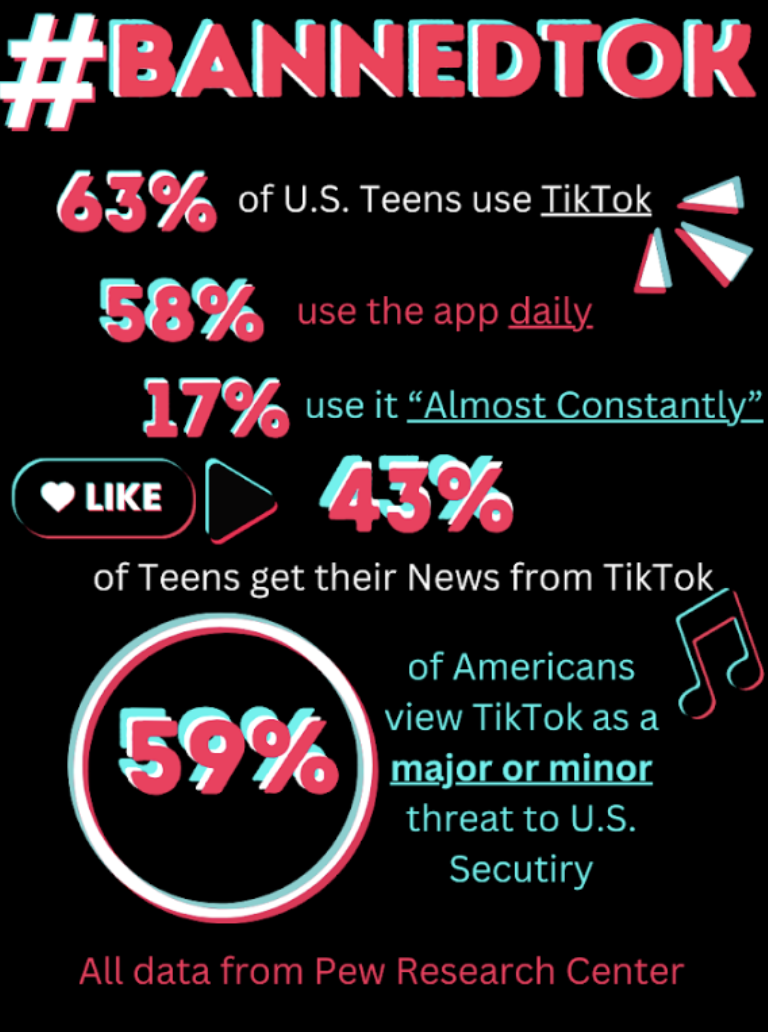



















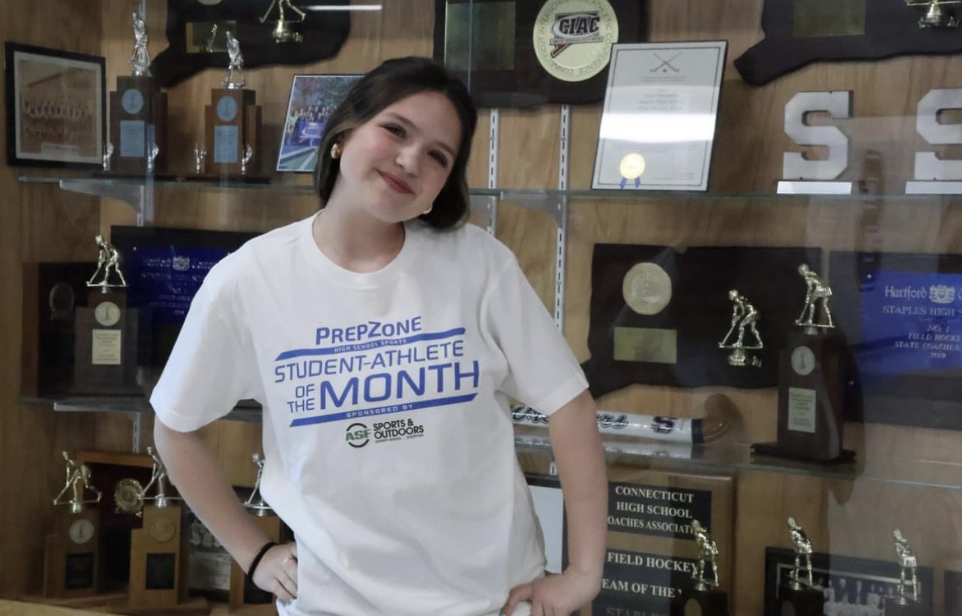
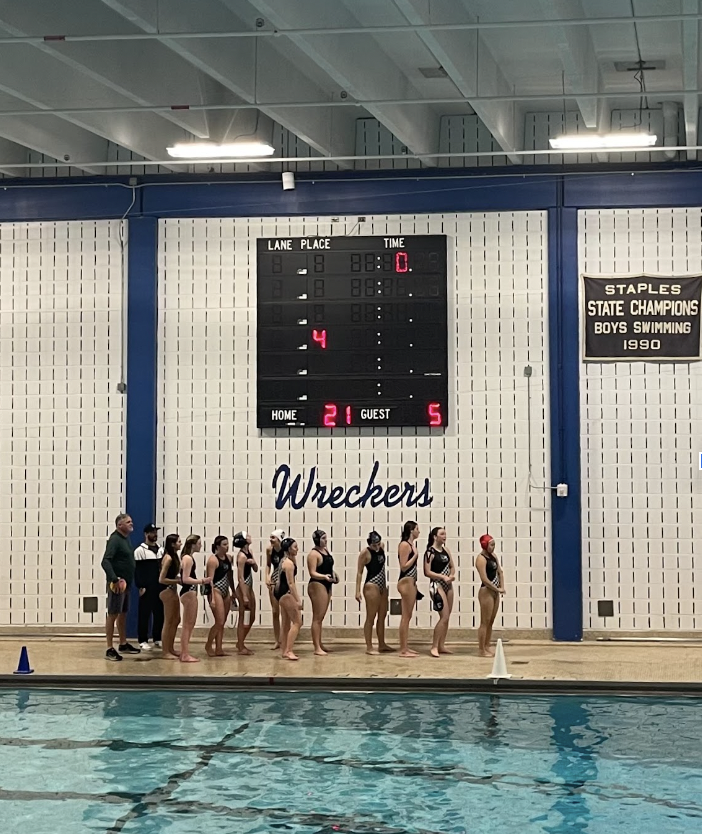





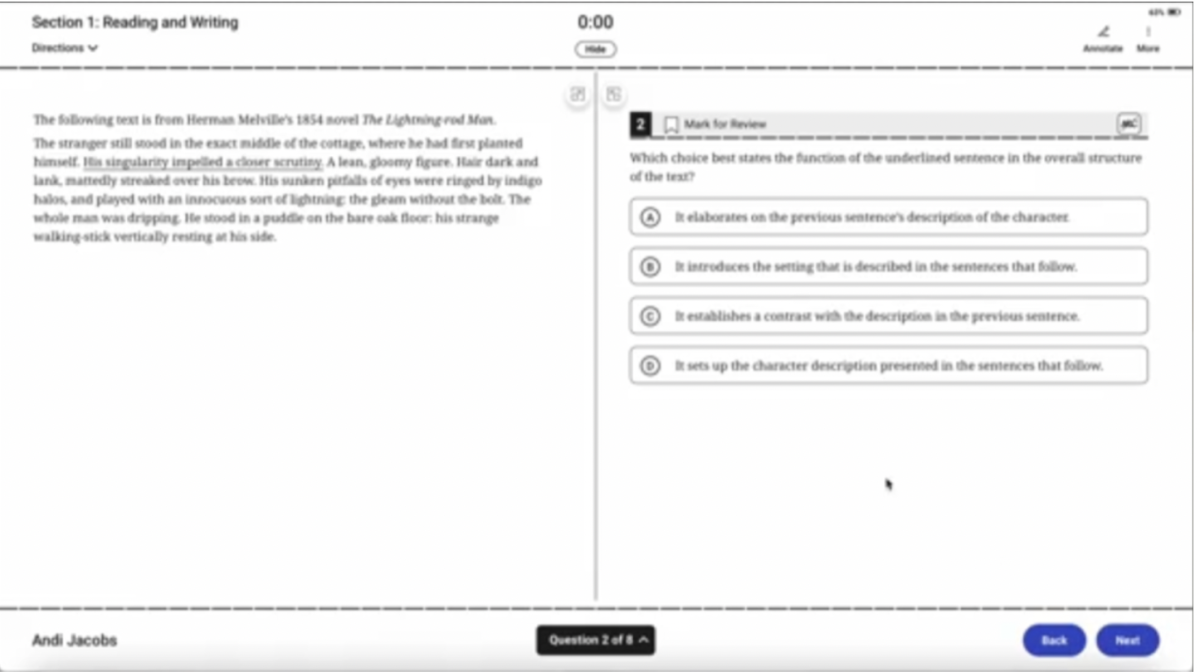

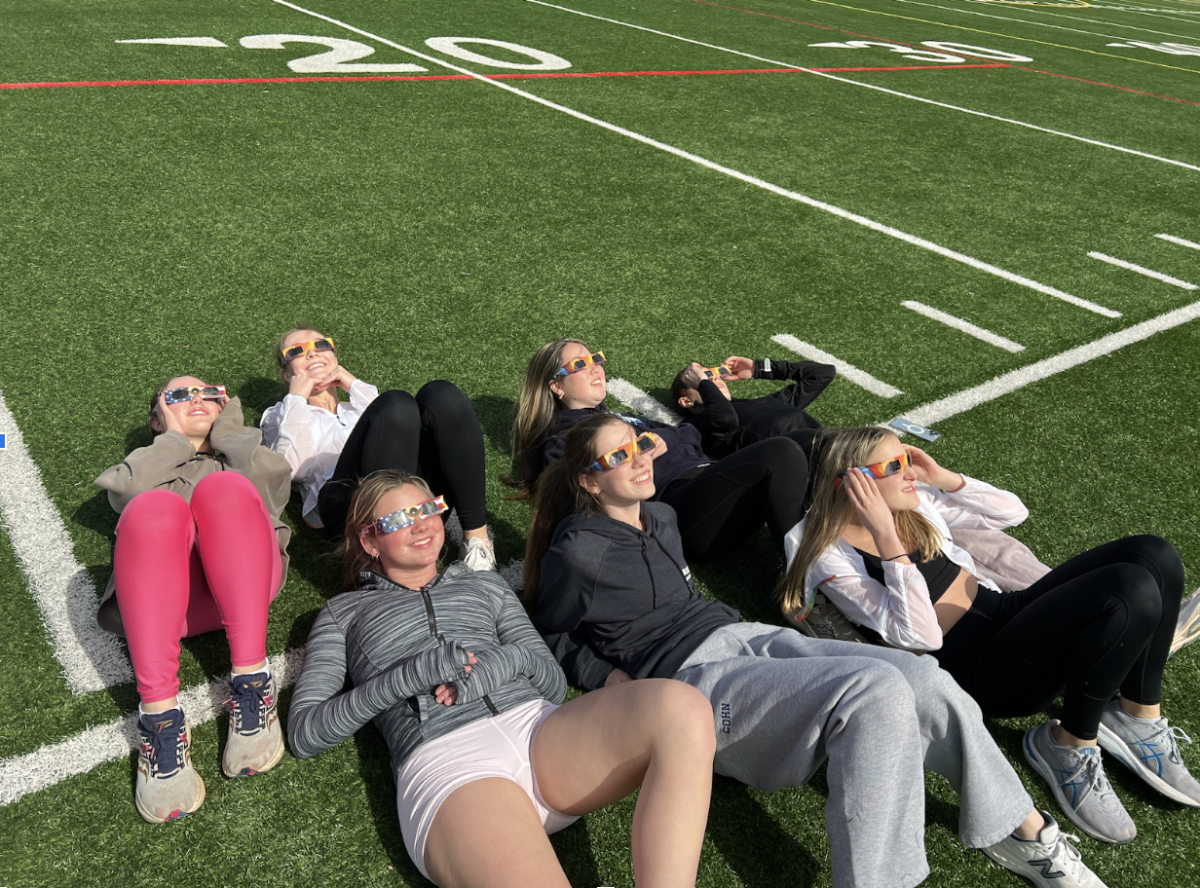














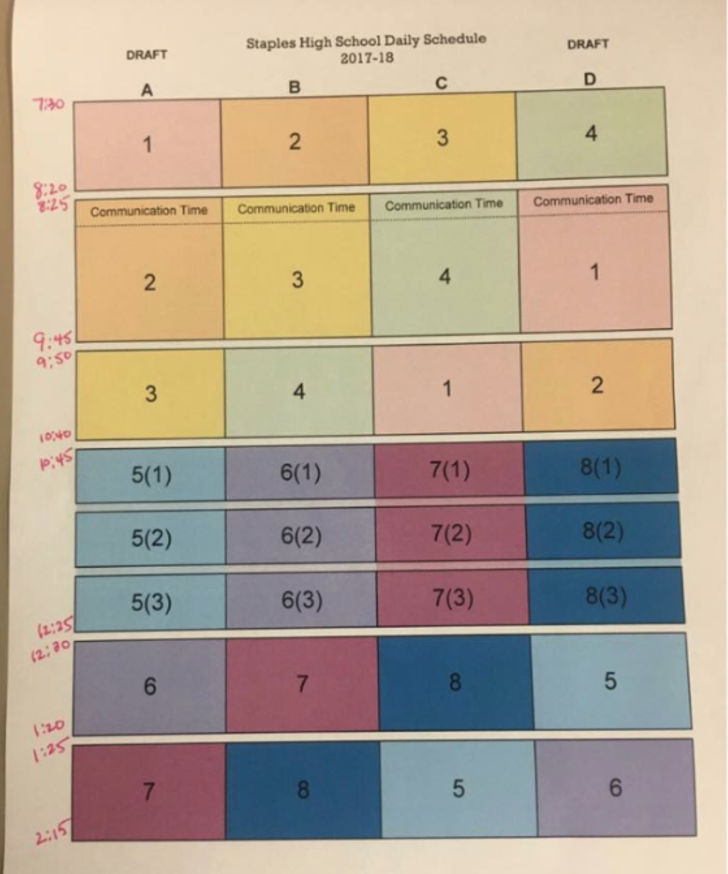
![[Nov. 2016 Editorial] Battling bystander effect requires administrative change](https://www.inklingsnews.com/wp-content/uploads/2016/11/Screen-Shot-2016-11-22-at-1.05.28-PM.png)


